In order to cope with potential risks from changes in US policy, the governments of South Korea and Japan are actively building legal corridors to support the domestic semiconductor industry.
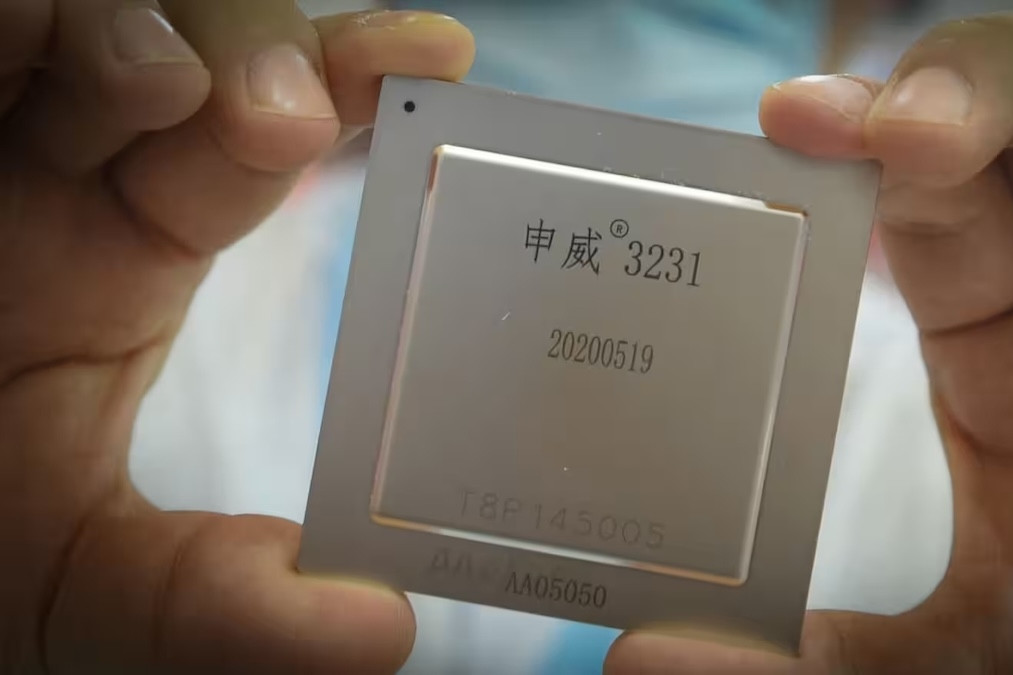
China's semiconductors face oversupply crisis
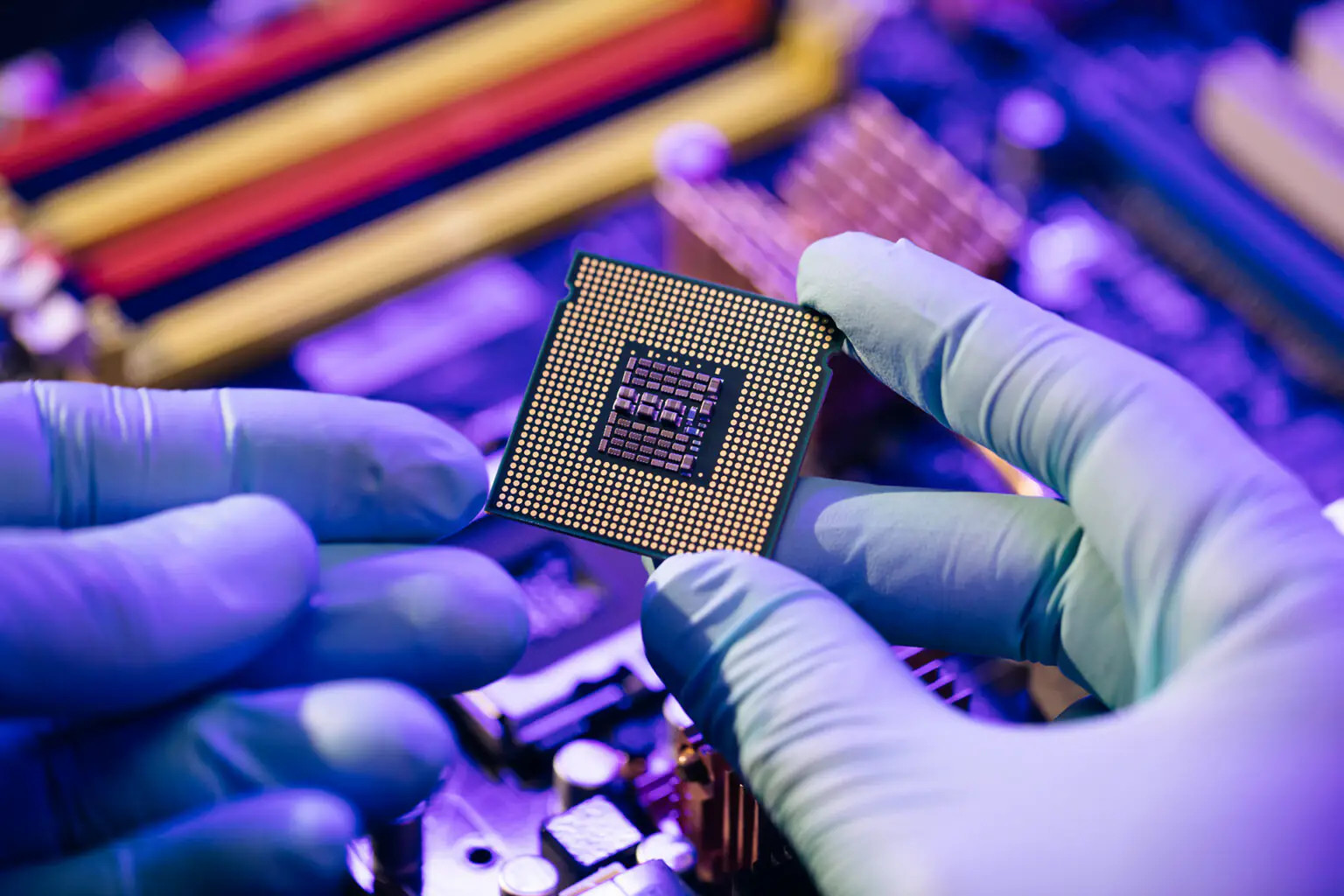
What opportunities does Vietnam have in the race for the semiconductor industry?
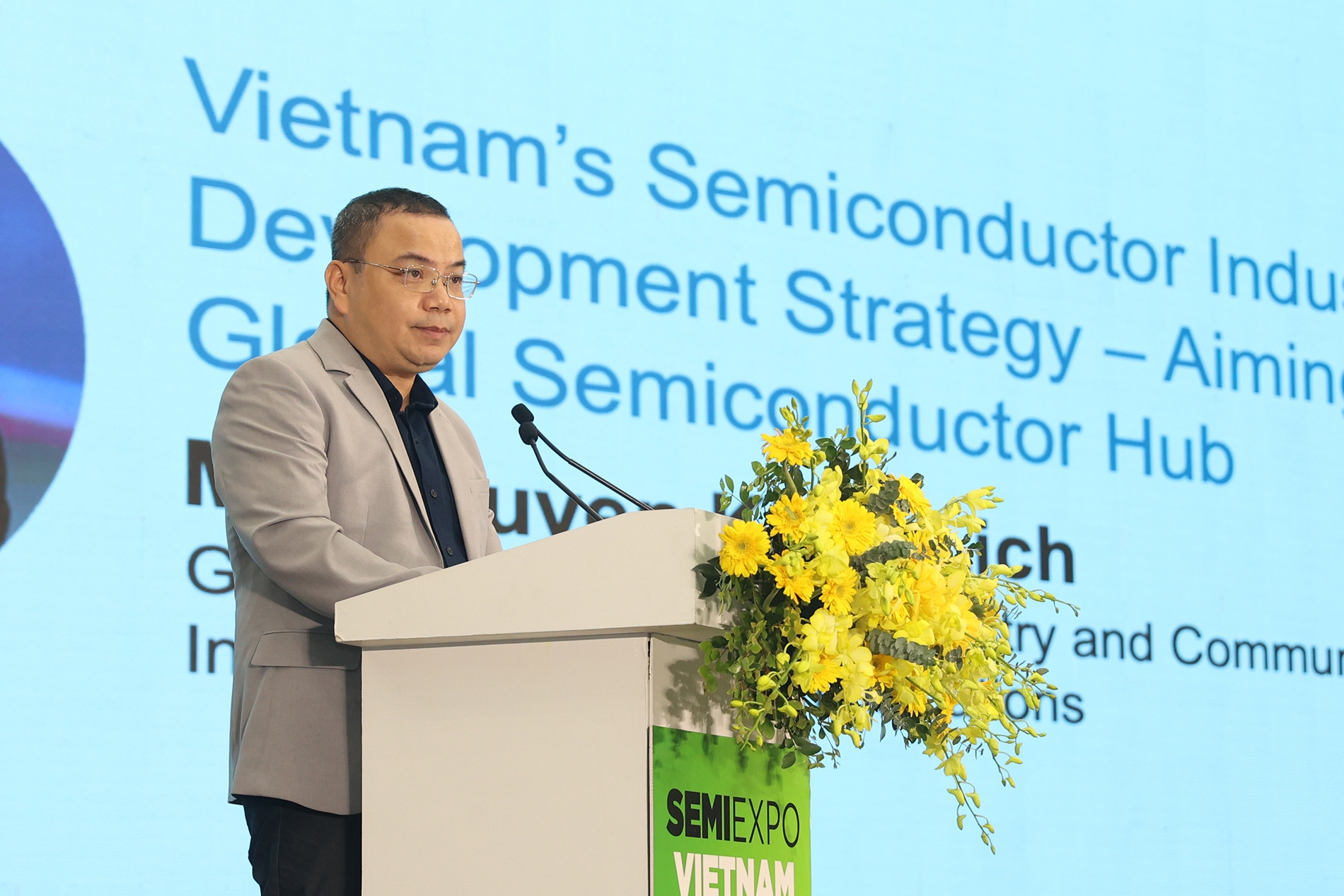
Vietnam becomes an important link in the global semiconductor supply chain
Remove working hours limit
The South Korean government has proposed a special chip law to subsidize chipmakers and exempt them from nationwide working hour limits, in a bid to address potential risks from measures taken by incoming US President Donald Trump.
The semiconductor industry is vital to Asia's trade-reliant fourth-largest economy , with chips accounting for 16% of total exports last year.
Last week, South Korean President Yoon Suk Yeol warned of risks arising from Mr. Trump’s threat to impose high tariffs on imports from China, which could prompt Chinese rivals to cut export prices and weaken South Korea’s chip industry abroad.
The bill will need to be approved by parliament before becoming law. Seoul's move comes as chipmakers such as Samsung Electronics prepare for increased competition from rivals in China and Taiwan.
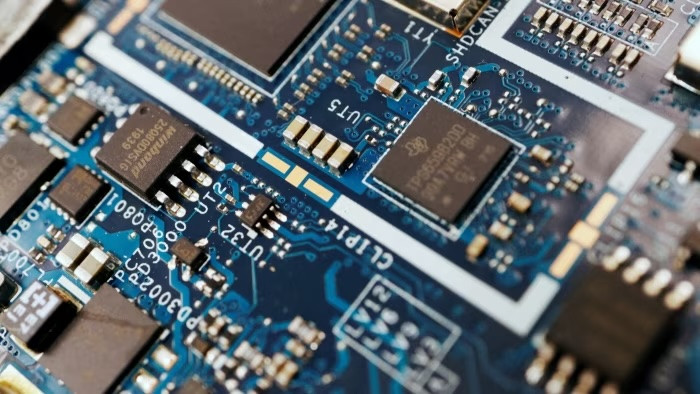
One part of the bill would allow employees involved in research and development in the semiconductor industry to work more than the 52-hour maximum per week set by current labor law.
South Korea's largest conglomerate by market capitalization - Samsung Electronics is lagging behind rivals such as TSMC and SK Hynix in taking advantage of the booming AI demand.
Meanwhile, in October, Mr. Trump threatened to cut federal chip subsidies, including for Samsung and South Korea’s SK Hynix, in favor of imposing import tariffs.
$65 billion in subsidies
Another East Asian country, Japan, is preparing to propose a $65 billion plan to provide multi-year financial support to domestic semiconductor companies.
This is part of an effort to strengthen control of the chip supply chain in the face of global shocks, including US-China trade tensions.
The plan is specifically aimed at foundry joint venture Rapidus and chip suppliers in the artificial intelligence sector, the sources said.
Rapidus is aiming to mass produce advanced chips on Japan's northern island of Hokkaido from 2027 through a partnership with IBM and Belgium-based research organisation Imec.
Last year, the Japanese government said it would allocate about 2 trillion yen ($13 billion) to support the chip industry.
Tokyo's comprehensive economic package is expected to be approved on November 22, calling for a total of 50 trillion yen in investment in the semiconductor sector over the next 10 years, with an expected economic impact of 160 trillion yen.
(Synthetic)

Source: https://vietnamnet.vn/ket-qua-bau-cu-my-de-doa-nganh-ban-dan-nhat-ban-han-quoc-2341031.html



![[Photo] Prime Minister Pham Minh Chinh meets with South African President Matamela Cyril Ramaphosa](https://vphoto.vietnam.vn/thumb/1200x675/vietnam/resource/IMAGE/2025/10/23/1761226081024_dsc-9845-jpg.webp)
![[Photo] President Luong Cuong holds talks with South African President Matamela Cyril Ramaphosa](https://vphoto.vietnam.vn/thumb/1200x675/vietnam/resource/IMAGE/2025/10/23/1761221878741_ndo_br_1-8416-jpg.webp)


![[Photo] Prime Minister Pham Minh Chinh chairs meeting on railway projects](https://vphoto.vietnam.vn/thumb/1200x675/vietnam/resource/IMAGE/2025/10/23/1761206277171_dsc-9703-jpg.webp)



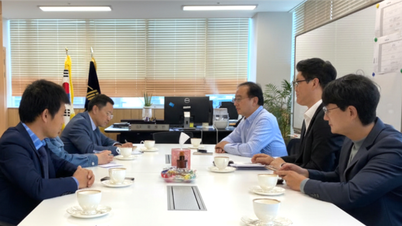





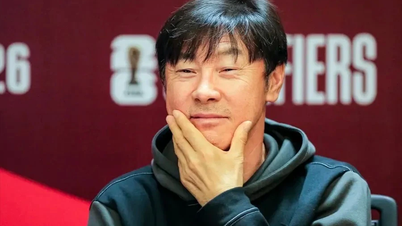



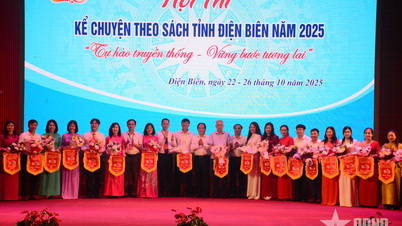



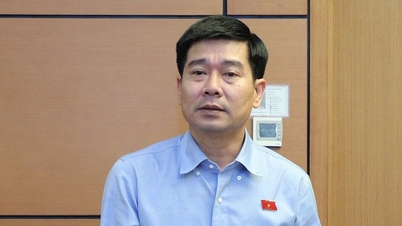







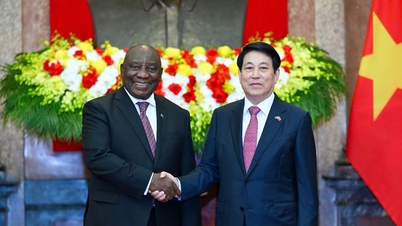







































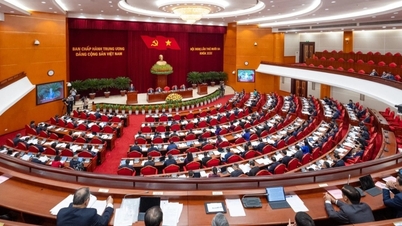

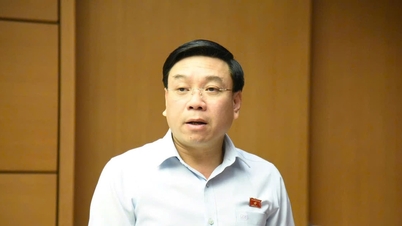





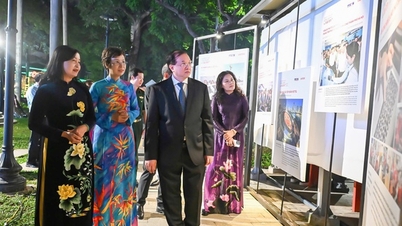









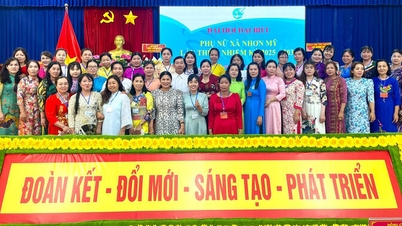
















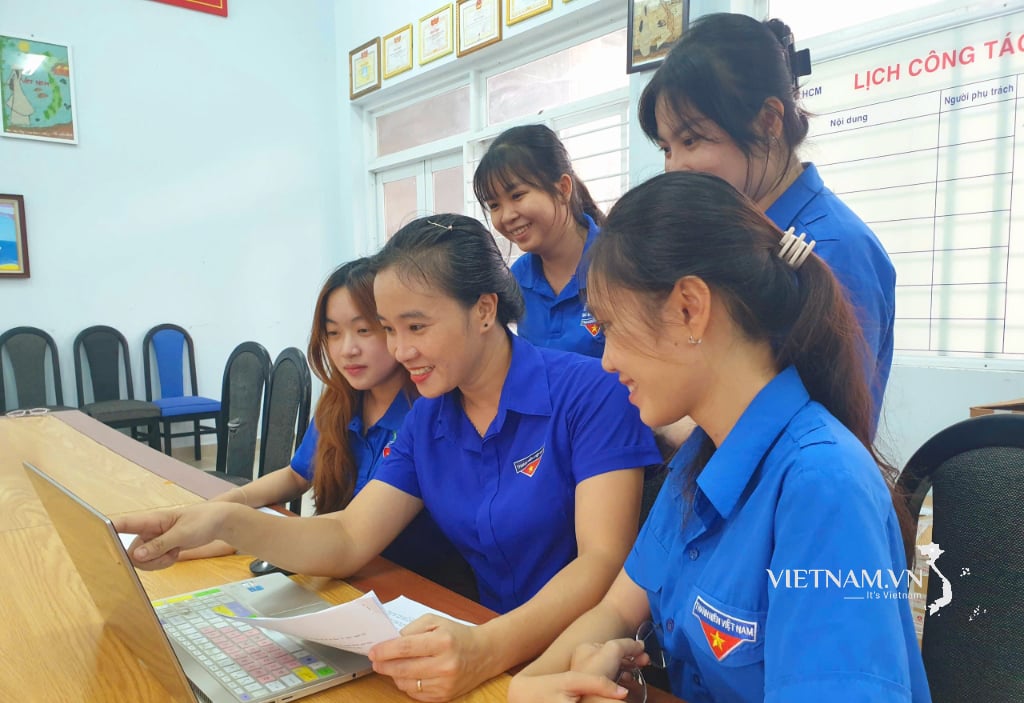

Comment (0)